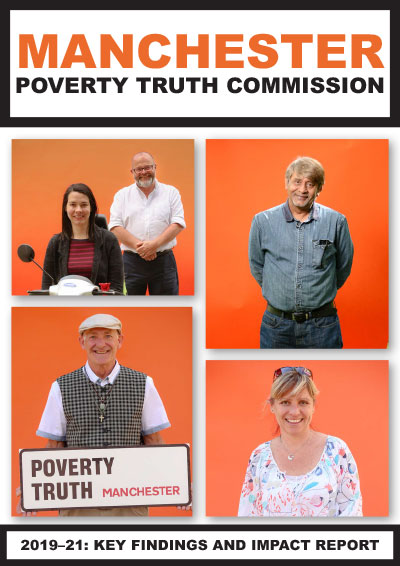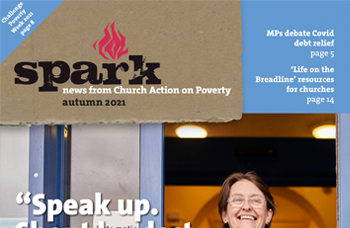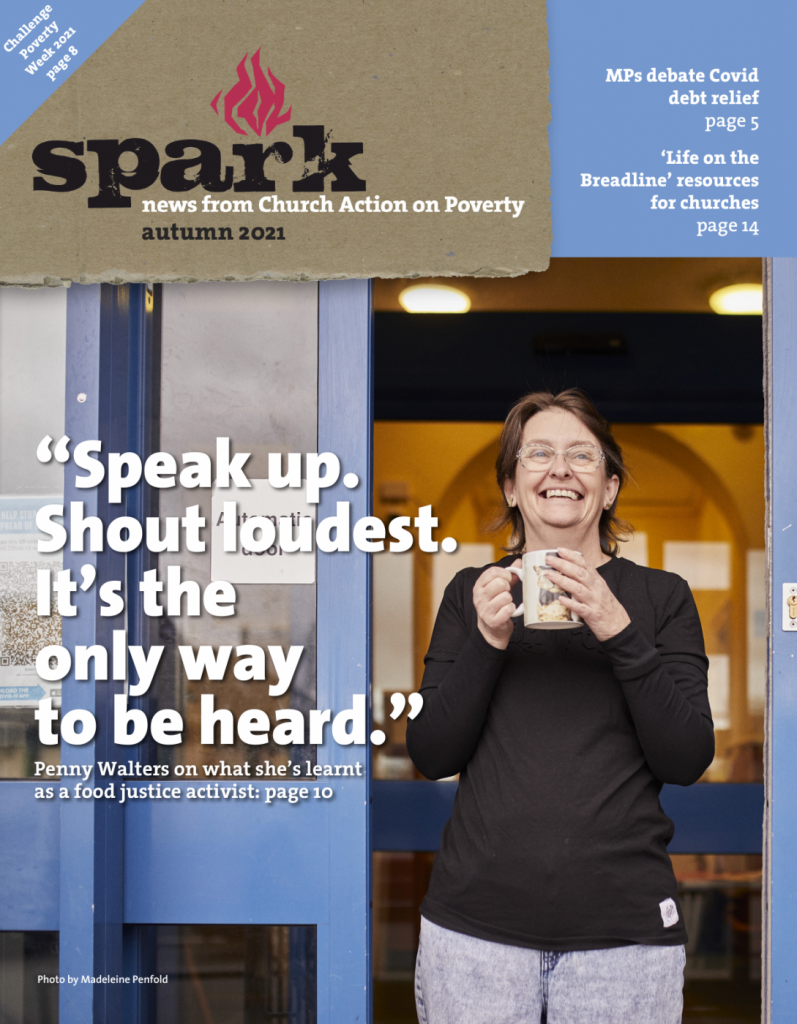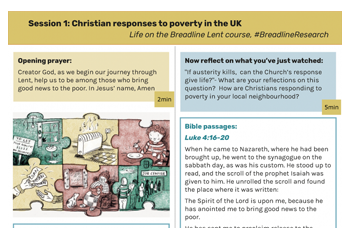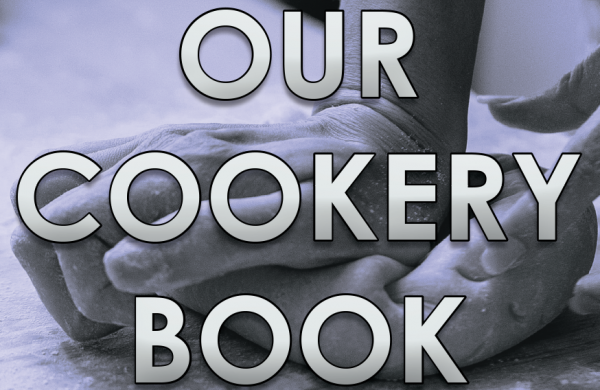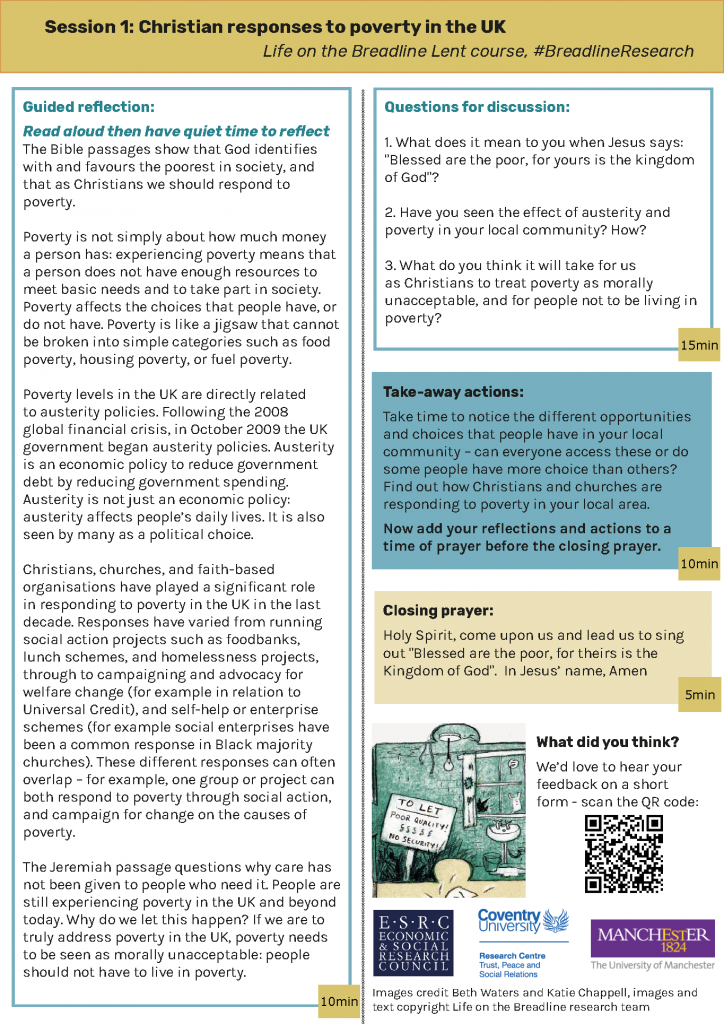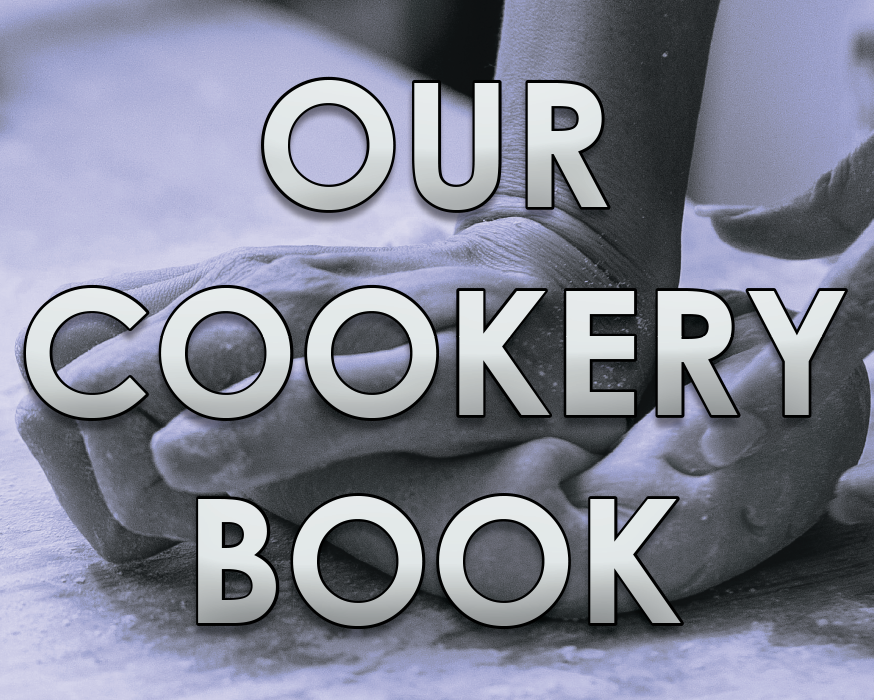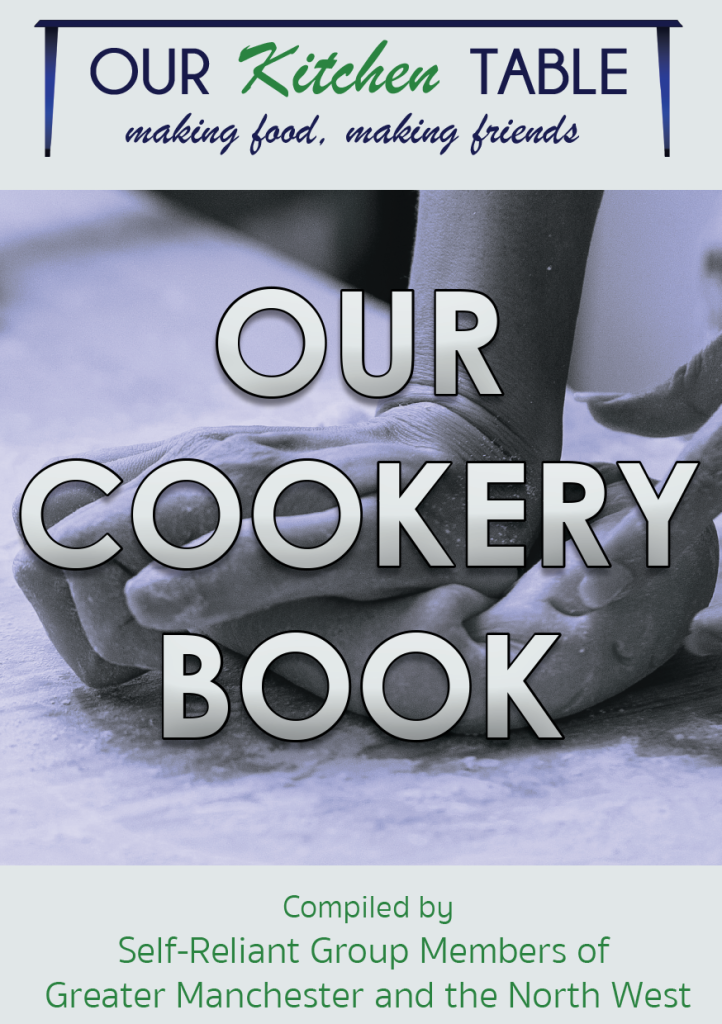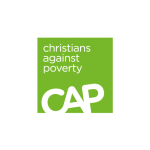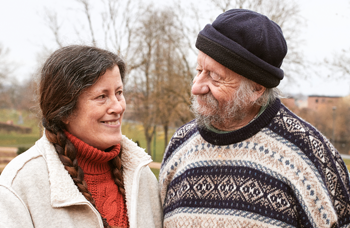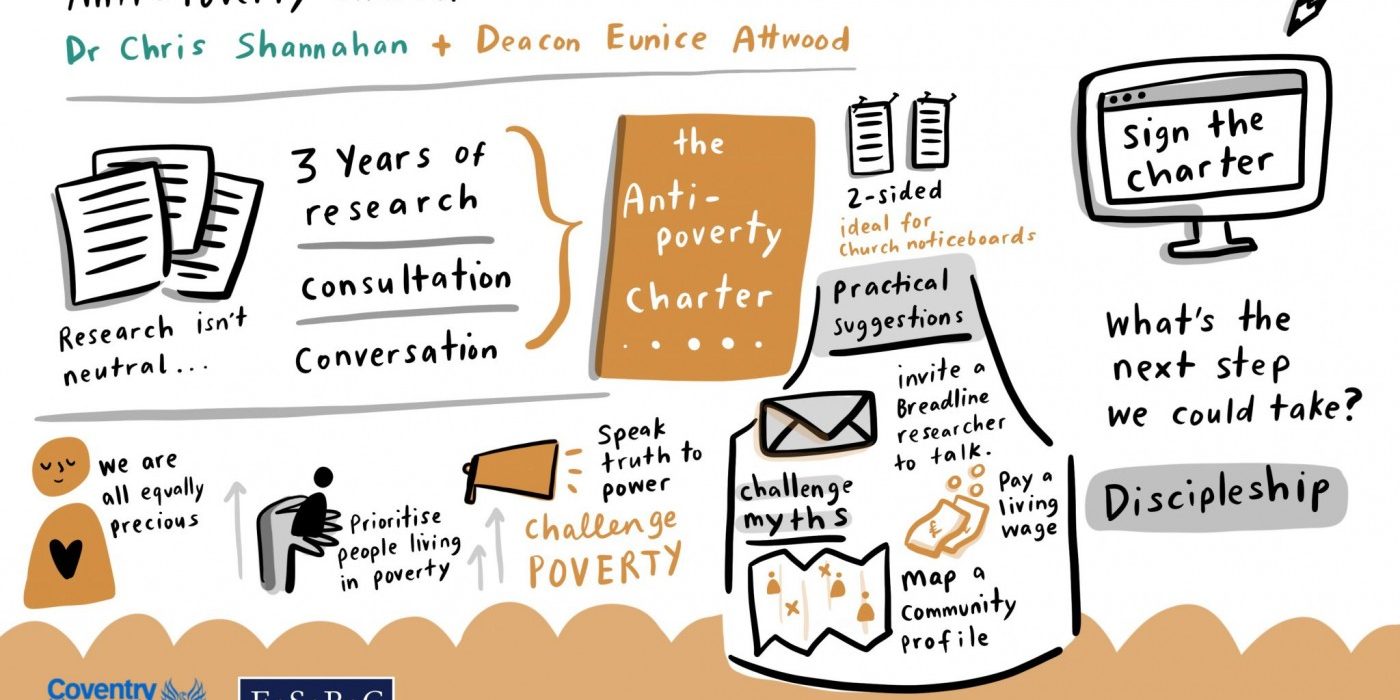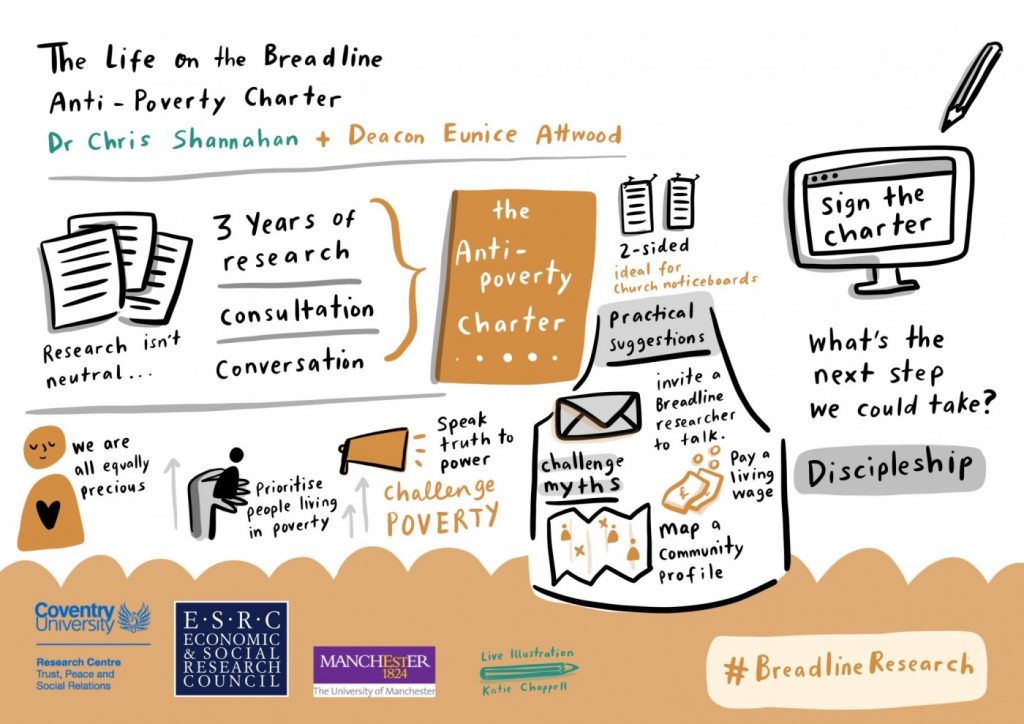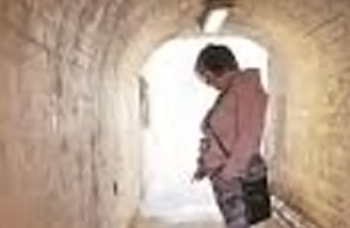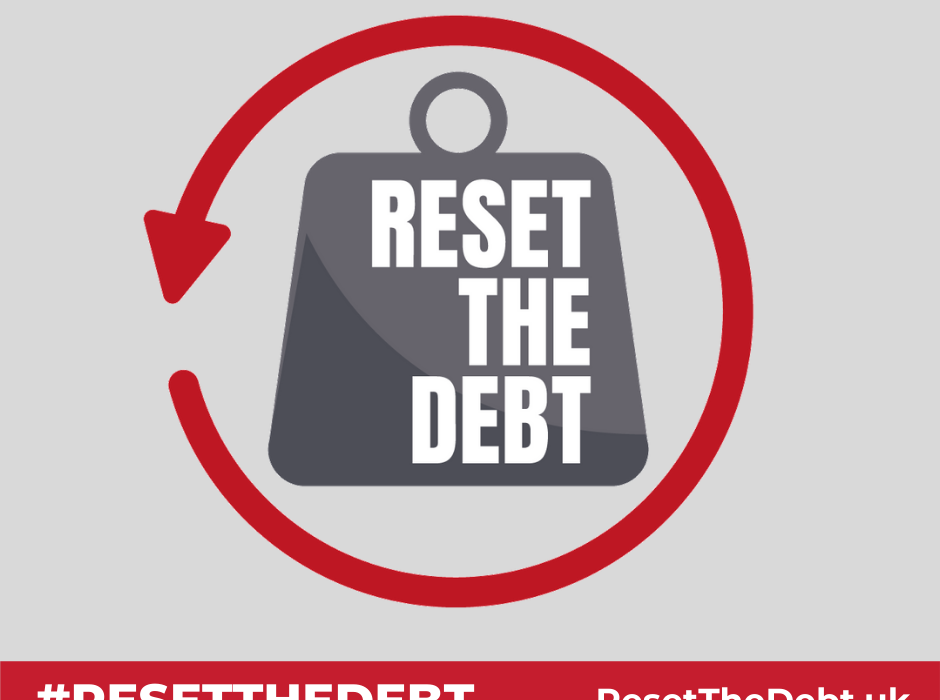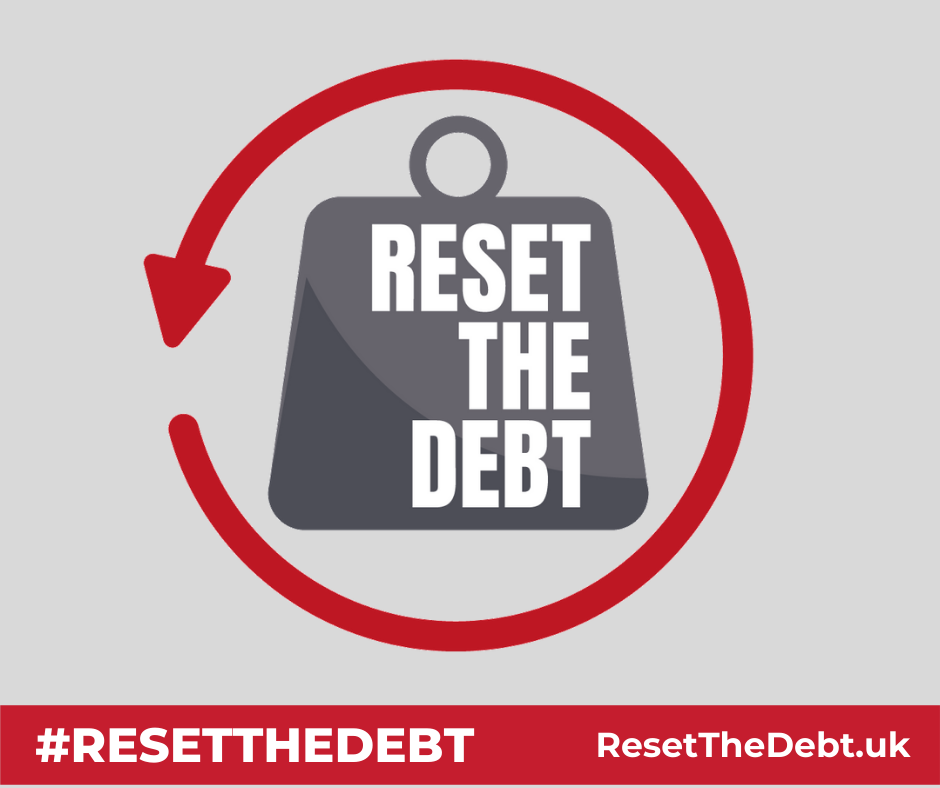Our local group in Sheffield invite you to join them for this event as part of Challenge Poverty Week:
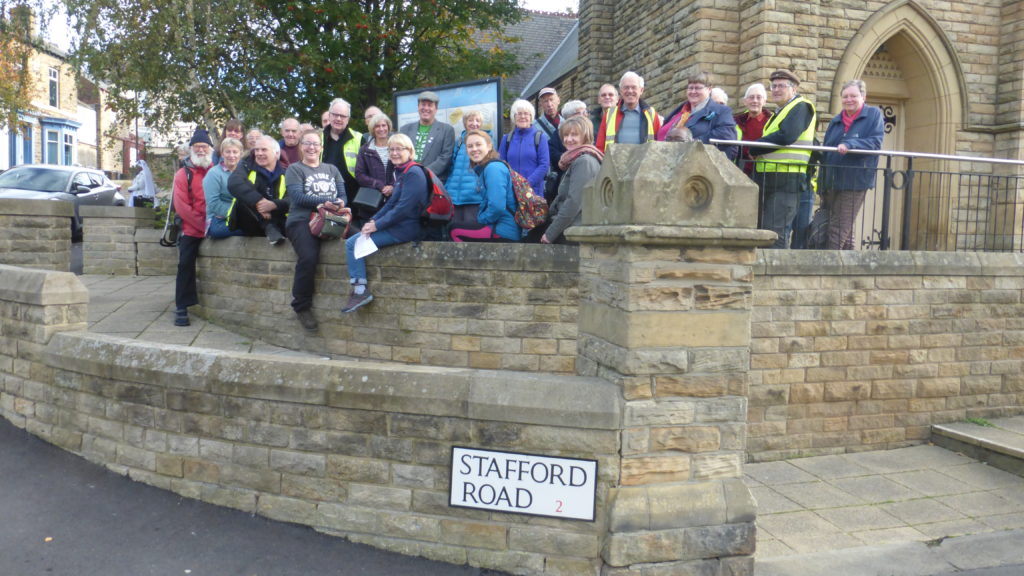
Saturday 16 October 2021
Gather: 9:00am, Church of Christ in Darnall, Station Road, S9 4JT for a 9:30am start
Visit: Darnall Well Being, High Hazels Park and Allotments, Attercliffe and Darnall Mission, Galeed House, Darnall Family Centre.
End: Around 3:00pm
Length: 3 miles
Hear about local issues and responses to them as we walk and pray together:
- The community work of the Church of Christ in Darnall.
- Darnall Well Being’s drive to eliminate health inequalities and the Allotment Project’s contribution to community cohesion.
- Attercliffe and Darnall Mission’s bid to engage with young people and families to build a Christian community from scratch.
- Assistance provided for young, single, vulnerable, homeless people.
- Galeed House’s drive to help people from different backgrounds and cultures build trust and friendship and learn new skills.
Practicalities
- The 52 and 52a buses connect Darnall with the city centre, Walkley, Broomhill, Attercliffe and Handworth and some go as far as Worral, Loxley, Wisewood and Woodhouse. Closest bus stops to the Church of Christ are on Staniforth Road.
- Some trains from Sheffield Station to Lincoln also stop at Darnall.
- If coming by car, allow extra time for parking. Church of Christ’s car park has insufficient space for pilgrims and the public car park on Station Road is currently closed. Parking on single yellow lines on Station Road is banned and the nearby Prince of Wales Road Car Park has a three-hour limit. You may park on stretches of Darnall Road where parking is permitted on Single Yellow Lines on Saturdays or on side roads.
- Please bring a mask, as some of the venues may require one to be worn, also wear suitable shoes and bring a waterproof, drinking water and a packed lunch.
- Please follow stewards’ advice, particularly at road crossings.
- Walkers take part at their own risk and anyone under 18 must walk with a responsible adult.
- The event is not suitable for dogs as we enter premises.
Come and be open to be challenged and changed by what you see and hear
For more information or to register to attend, contact Briony Broome on briony.broome@hotmail.co.uk or 07801 532 954.
Time to scrap the two-child limit
In this guest blog, Sam Corcoran explores why it’s time to scrap this harmful policy.
From churches to the Government: end this great sibling injustice
More than 170 church leaders from across the UK have urged the Chancellor to scrap the unjust two-child limit in social security systems. Senior church …
Church Action on Poverty in Sheffield: 15th annual Pilgrimage
Joi our local group and hear about local issues and responses to them as we walk and pray together
Unheard no more: Story project brings hope for change
Five people with experience of complex poverty have been speaking up to press for change, as part of an exciting collaboration in York. Church Action …
Our use of social media: an update
In recent years, social media networks have become less useful as a way of having conversations, sharing messages and mobilising people to act for change. …
Just Worship review
Theologian Greg Smith reviews the new book by anti-poverty activist Stef Benstead.
Church Action On Poverty North East 2025 AGM
You’re invited to attend the AGM of our local group in the North East, with speaker Amanda Bailey, Director of …
We’re listening!
Read some findings from our 2024 survey and in-depth conversations with partners and supporters.




